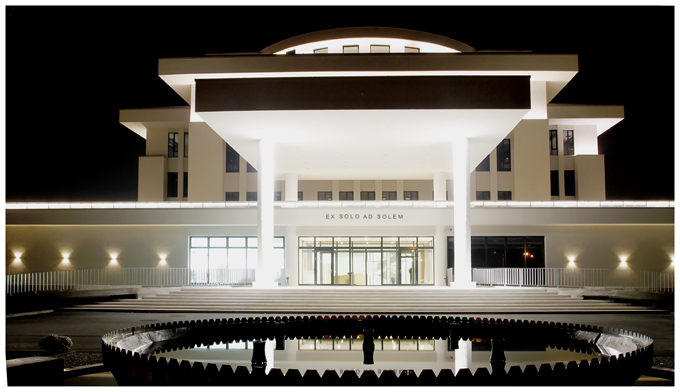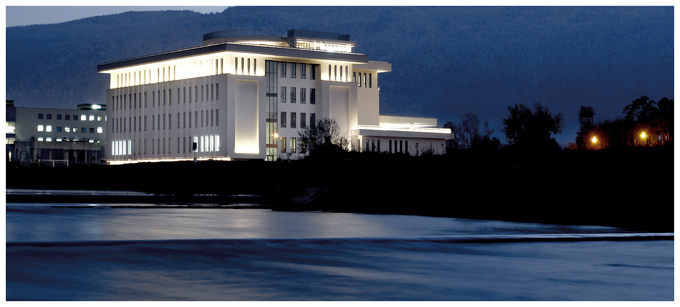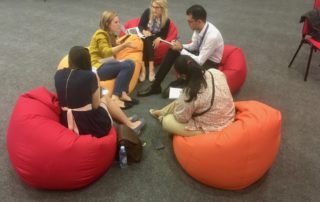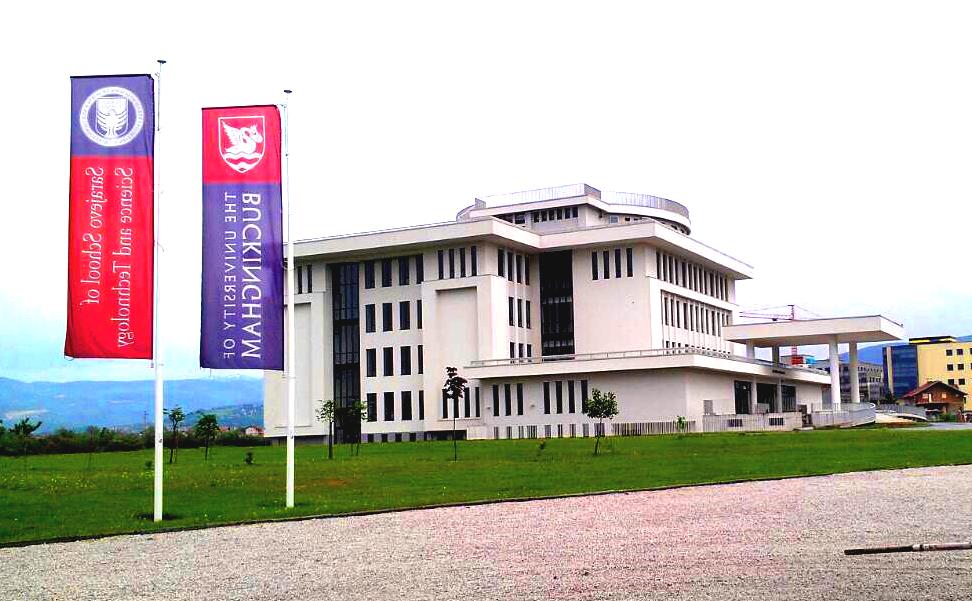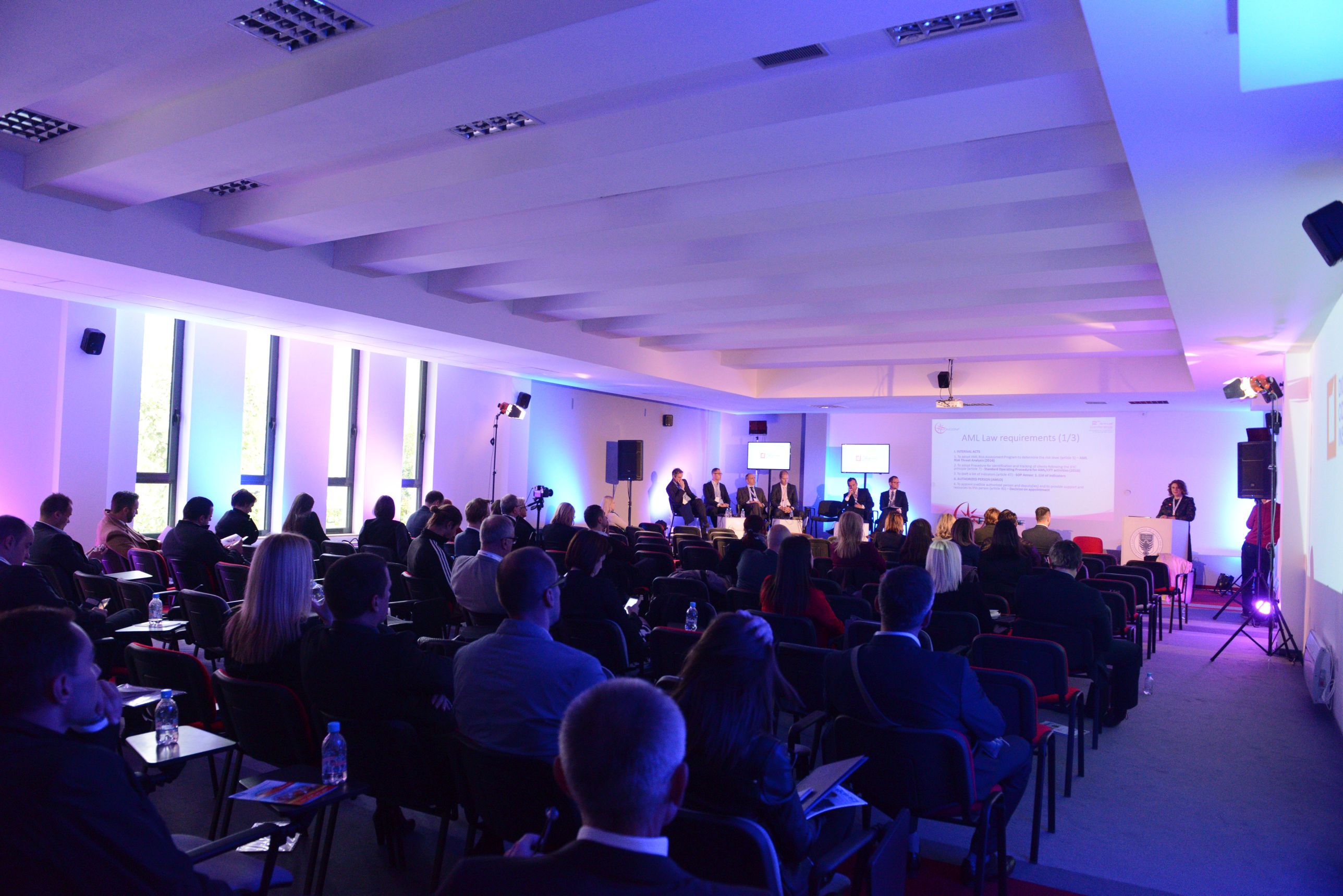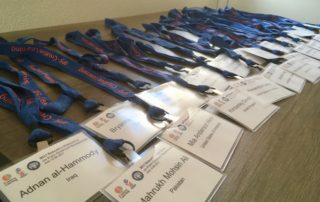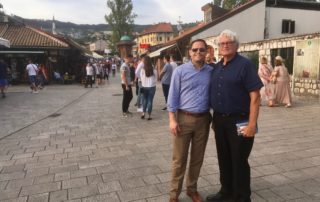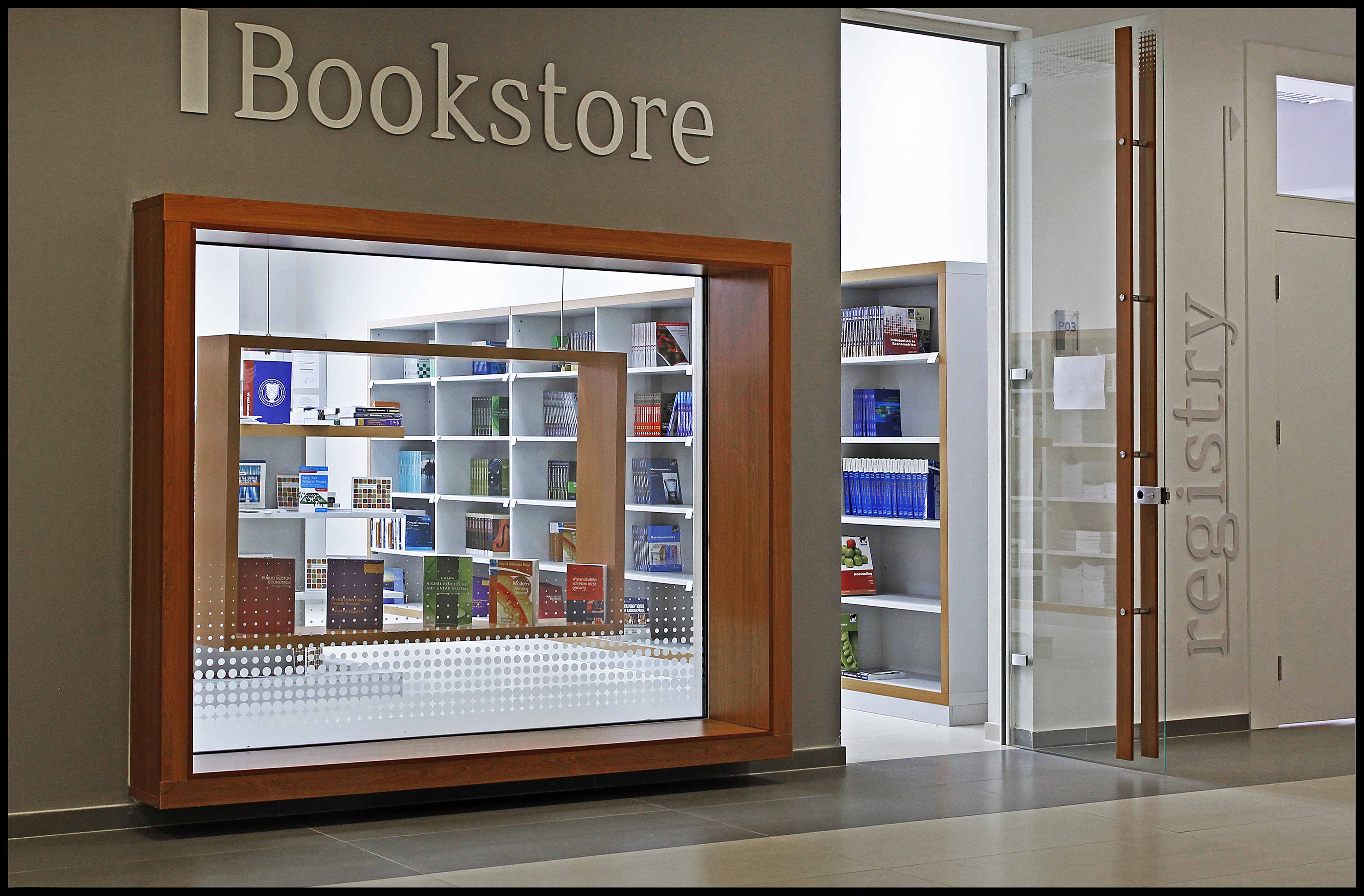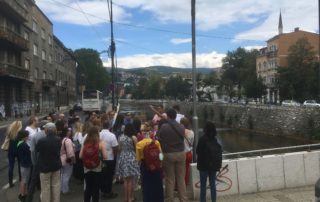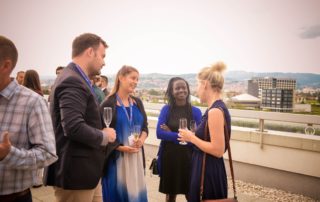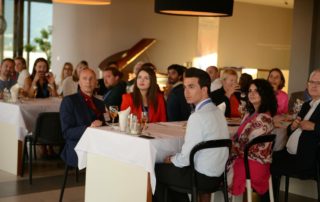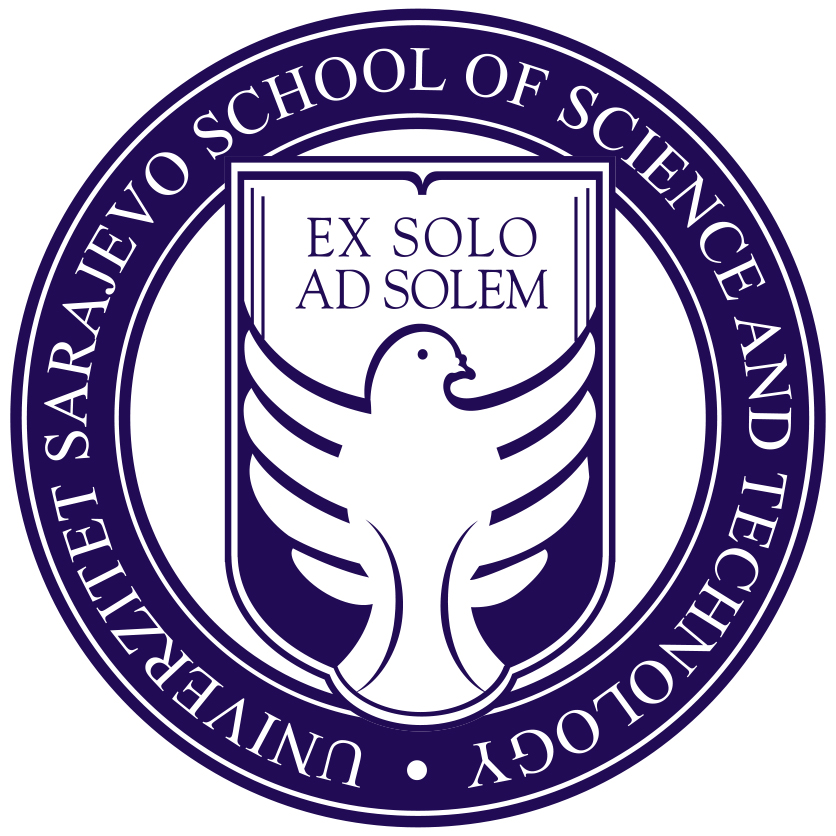
Professionalizing peacebuilding
Train. Transition. Transform.
In partnership with the Sarajevo School of Science and Technology, the 2018 Sarajevo Symposium will engage participants in contemporary theory and practice of post-conflict political transitions in the Former Yugoslavia and other countries. Join us!
Train with experts to gain a deep understanding of post-conflict strategies in the areas of governance, security, justice and reconciliation. Learn which approaches have been successful, which failed, and which are beyond the reach of policy. In gaining a cross-sectoral perspective on post-conflict transitions, you will be able to transform conflicts around the world over the course of your career.
You will receive a Post-Graduate Certificate in “Managing Post-Conflict Transitions” upon completion of the course. You may choose to undertake additional rigorous assignments in order to earn a Post-Graduate Certificate in “Managing Post-Conflict Transitions with Distinction.” Transferable MA academic credit is also available to participants for a small additional fee.
A curriculum firmly grounded in experiential education.
IPSI’s methodology stresses hands-on experiential learning where representatives from the first world, the developing world, and conflict and post-conflict countries have the opportunity to actually make the decisions faced by current leaders. Through formal lectures, site visits (Srebrenica, Mostar, and more) and interactive simulations and workshops, attendees gain the skills necessary to strengthen legitimate institutions and governance to provide security, justice, and development and break cycles of violence; skills that are instrumental in ensuring long-term stability and preventing conflicts from recurring.
The world’s most informed and talented faculty.
The Sarajevo Symposium is not a normal classroom experience. Our participants learn directly about the realities of transition from the field’s most accomplished academics and practitioners who teach using their personal on-the-ground experience. There are ample opportunities to interact with our world-renowned faculty outside the classroom including formal student-speaker dinners, informal meals and coffees, and site visits. Many of our participants also stress how much they learn from their peers. Our “Unconferences” and “P2Ps” provide peer learning opportunities that spark deeper conversations and action-oriented thinking.[pictured left: Prof. Dr. Ivo Josipovic, President of Croatia, 2010-2015]
.
.
2018 Faculty
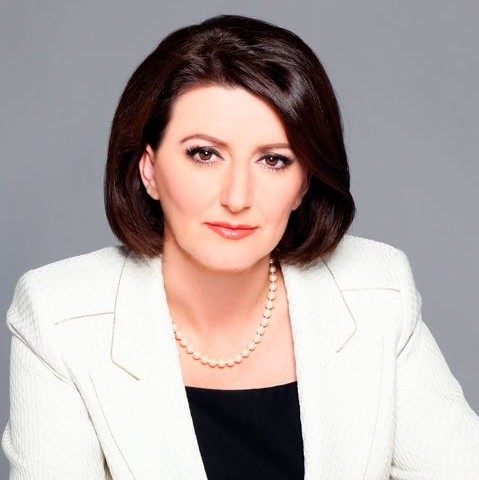
Atifete Jahjaga
President of the Republic of Kosovo (2011-2016)

Ejup Ganić
Chancellor of the Sarajevo School of Science and Technology, Former President of the Federation of Bosnia and Herzegovina
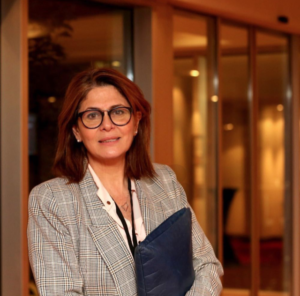
Hind Kabawat
Deputy Head, Syrian Negotiations Commission Office (SNC), Geneva Mission; Adjunct Professor & Director of Interfaith Peacebuilding and Instructor, Center for World Religions, Diplomacy & Conflict Resolution, George Mason University; Former Member of the High Negotiation Committee at the Syrian Peace Talks
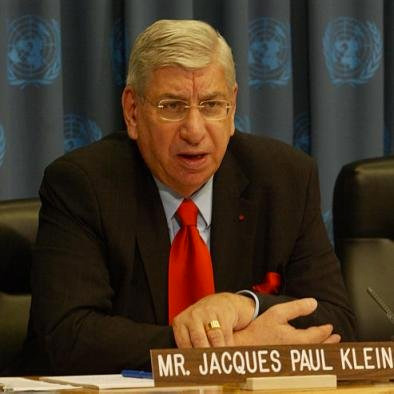
Amb. Jacques Paul Klein
Former UN Special Representative, United Nations Mission in Bosnia and Herzegovina
Former UN SRSG, Liberia
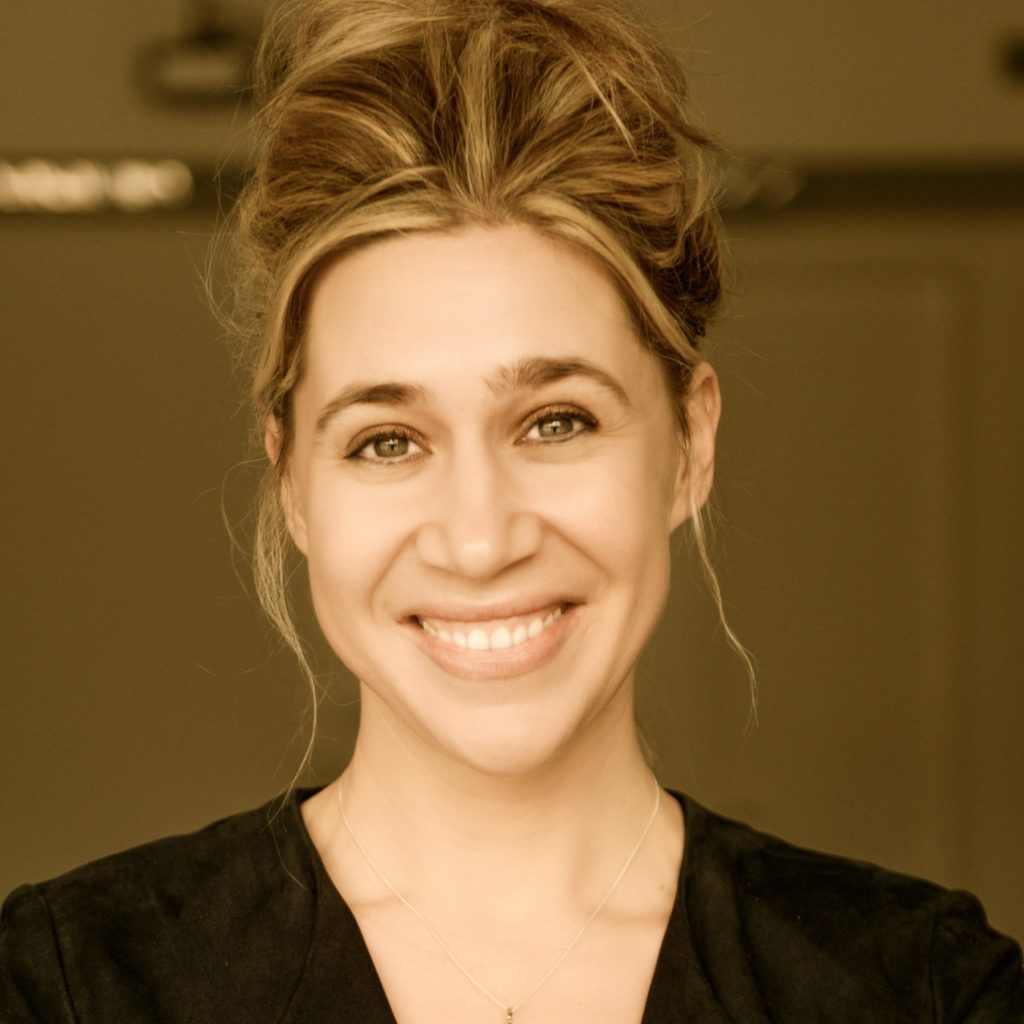
Dr. Sabina Čehajić-Clancy
Associate Professor of Social and Political Psychology, Department of Political Science and International Relations, Sarajevo School of Science and Technology
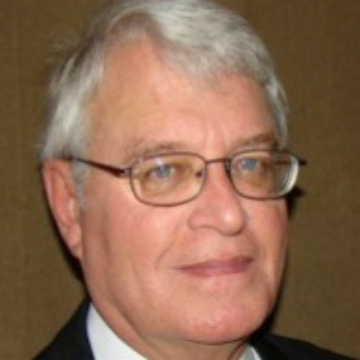
William Stuebner
Former Chief of Staff and Senior Deputy for Human Rights, OSCE Mission to Bosnia and Herzegovina
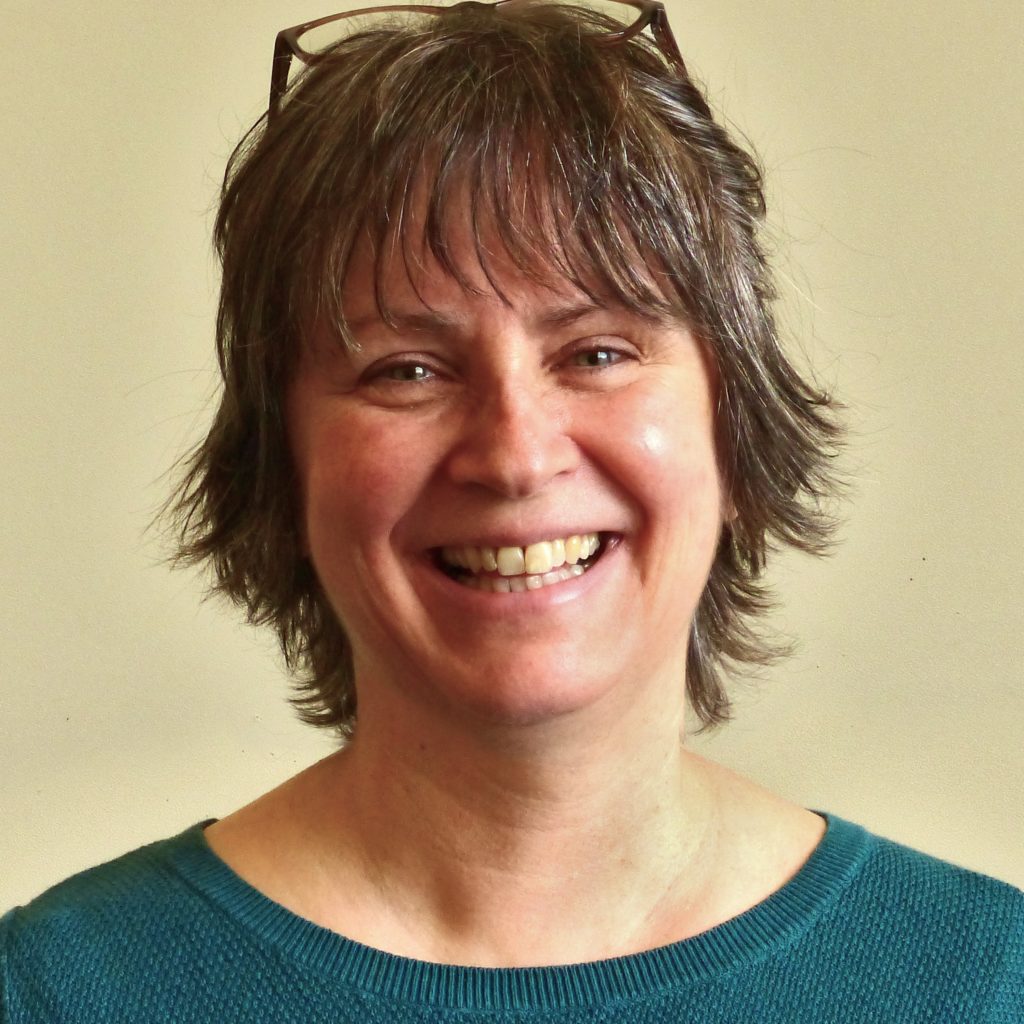
Carolyn Edgerton
International Criminal Lawyer, former Trial Attorney, International Criminal Tribunal for the Former Yugoslavia
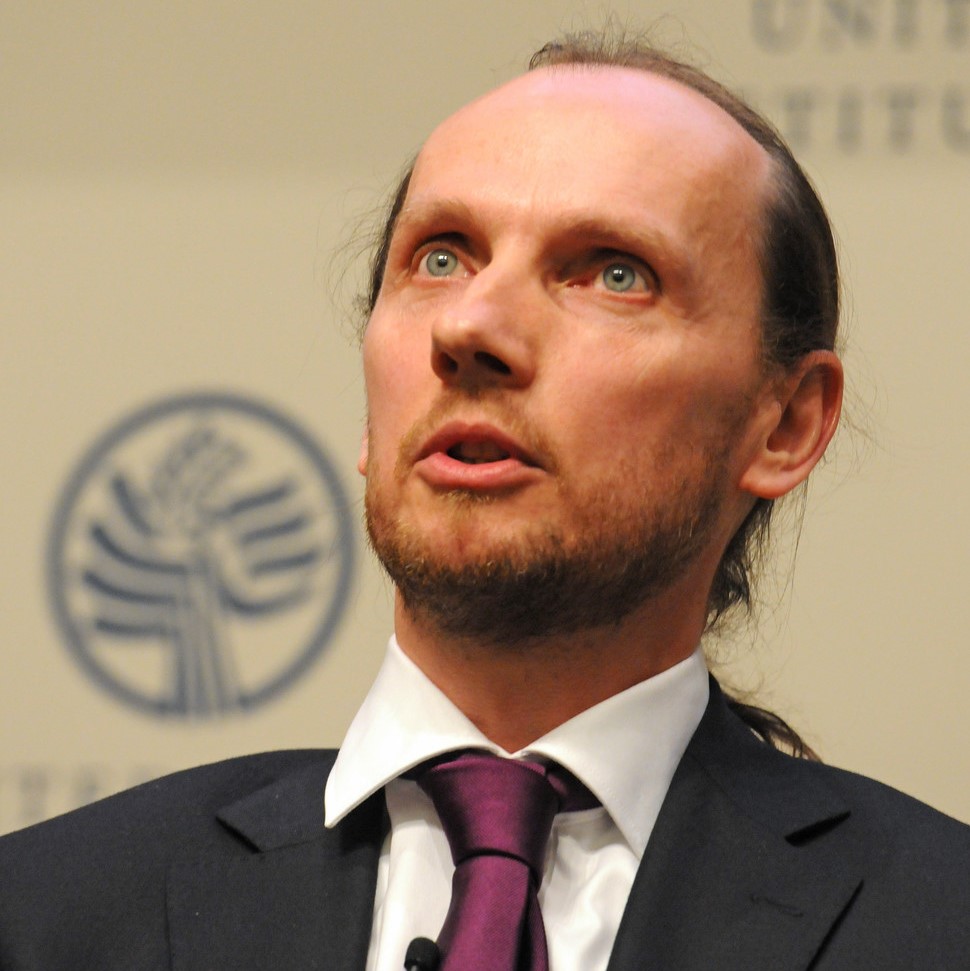
Kemal Pervanic
Founder & President, Most Mira (Bridge of Peace)
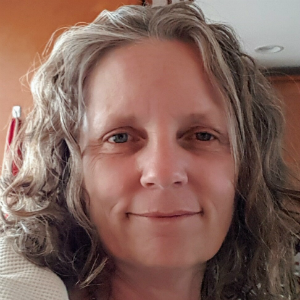
Audra Dykman
Independent Consultant
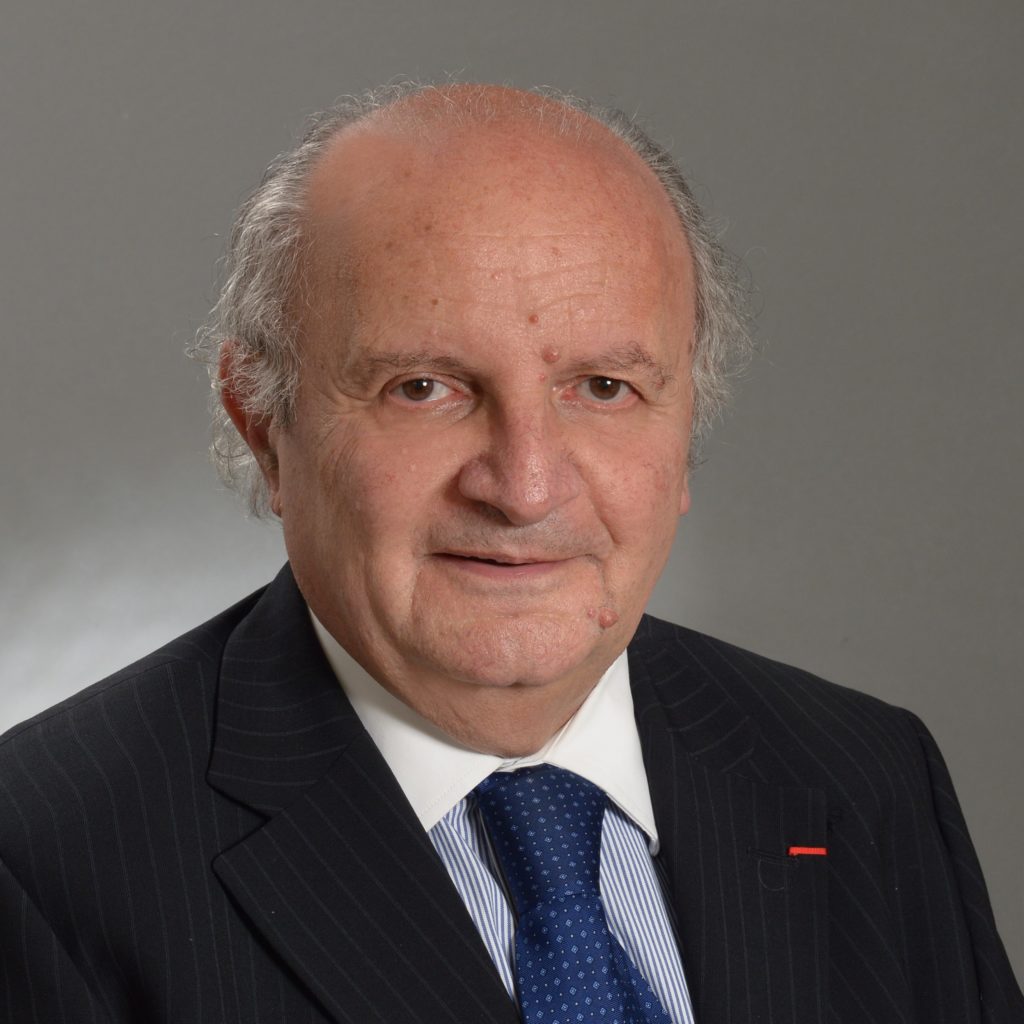
Jakob Finci
President, Jewish Community of Bosnia and Herzegovina
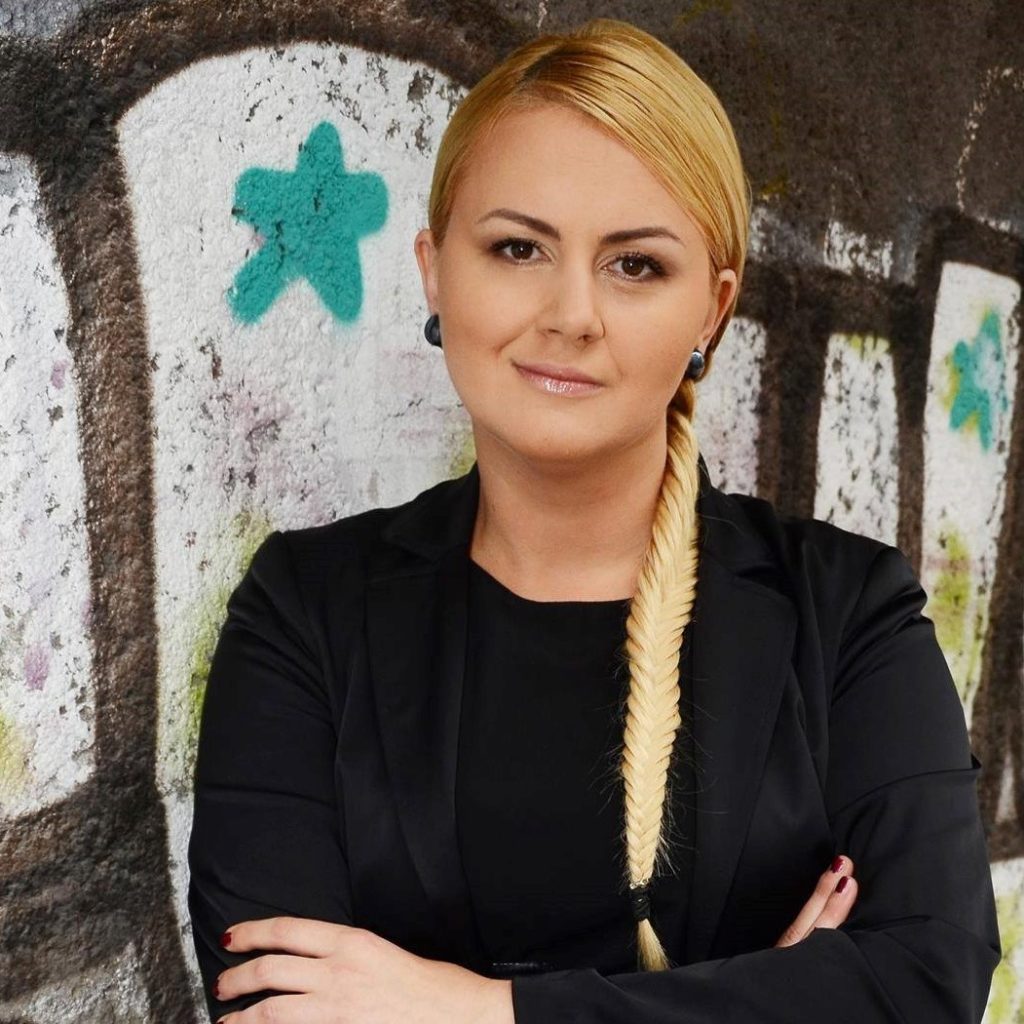
Velma Šarić
Founder & President, Post-Conflict Research Center
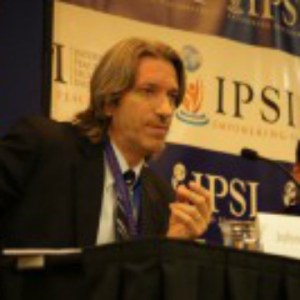
John Prendergast
Founding Director, The Enough Project
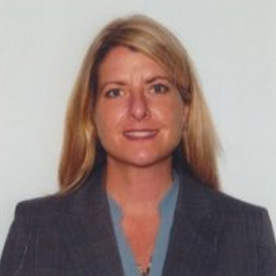
Carrie Giardino
Political-Military Advisor, U.S. Embassy, Sarajevo
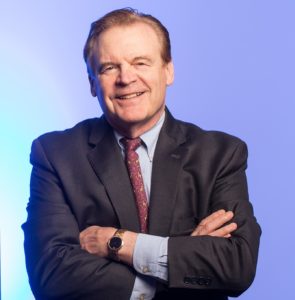
Tom Wheelock
Senior Vice President, Communities in Transition Division, Creative Associates International
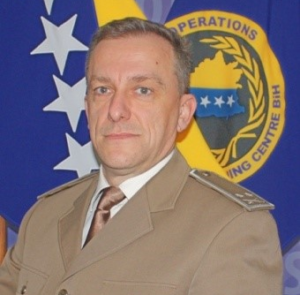
LTC Fariz Fadžan
Head of Education and Training Development Section, Peace Support Operations Traning Centre of Armed Forces of Bosnia and Herzegovina (PSOTC)
AND
MORE…
Event Space: Sarajevo School of Science and Technology
Classes are held at the Sarajevo School of Science and Technology, located in metropolitan Sarajevo, Bosnia and Herzegovina, within the town of Ilidža. Representing the largest private investment in education in Bosnia-Herzegovina in over two decades, the SSST campus offers the most modern teaching and conference facilities in the region, on par with the world’s leading Universities and conference centers. Collaboration with the University of Buckingham (United Kingdom) makes SSST subject to meeting the UK’s academic guidelines and standards.
Student-Trainer Network
By connecting participants to one another and to leading experts, IPSI provides an active and on-going forum for our alumni. Relying on the power of dialogue, networking, and collaboration inherent in our programming, IPSI catalyzes constructive discussions regarding peacemaking, peacebuilding, and human security. Through the diverse skills and regional expertise of its vast network, IPSI strives to be at the forefront of thought leadership in Peace & Security. In addition, IPSI’s Staff, Boards, and lecturers are available to help you plan and execute long-term career goals.
Application Process
STUDENT SELECTION: The IPSI Sarajevo Symposium strives to attract a diverse and accomplished student body from across the globe, especially peace and security leaders from conflict and post-conflict countries. A balanced and effective student body draws from a broad spectrum of regions, religions, and ethnicities. IPSI accepts young professionals, graduate students, and accomplished undergraduates, based on one or more of the following criteria:
- Stellar academic and/or professional achievement
- Keen interest in Peace & Security
- Proven record of leadership positions in community affairs
- Experience in/with government agencies
- Passion for learning
NEW! Successful applicants that attend the Symposium have the option to be added to the internal professional employment/consultant roster of IPSI’s sister organization Creative Associates International. As alumni, you will have the inside track for jobs in one of the most well respected and successful international development firms in the world.
Questions? Please contact sarajevo@creativelearning.org
HOW TO APPLY: To be considered for participation, you will need to provide the following materials via our online application form:
- Résumé or Curriculum Vitae
- Short essay (1,200 characters or 5-7 sentences) on
- WHY you would like to attend the Sarajevo Symposium & WHAT you intend to do with the training received
Tuition & Deadlines: IPSI accepts applications on a rolling basis (acceptances are merit-based and spots are limited). Your tuition includes all academics, trainings, educational materials, and special events. Tuition does not include airfare, accommodations, or most meals. Participants need to arrange their own travel and lodging. We will be happy to advise and provide a list of recommended options upon acceptance.
Standard Tuition: $2,999
Optional MA Academic Credit (6 ECTS / 3 U-M): +$250
Applications Are Now Closed
Limited scholarship funds available for exceptional peacemakers who meet our selection requirements: LEARN MORE >>
Sarajevo Blog 2017
Learn more about Sarajevo Symposium by reading our blog written by last year’s participants.
“I was impressed and energized by your students… and the important work IPSI is doing in training bright young people in the practice of peace.”
“At IPSI, students focus on how to actually do the work of peacebuilding out there on the front lines of conflict. That’s where I work, I know what it takes, and IPSI delivers precisely what is needed.”
“No other skills training program in the field can match IPSI’s intensity, depth, and ease of direct access to world leaders.”
The DC Symposium
on the New Frontiers of Peacebuilding
July 14 – August 4, 2018
The Sarajevo Symposium
on Post-Conflict Transitions
July 7 – July 22, 2018


